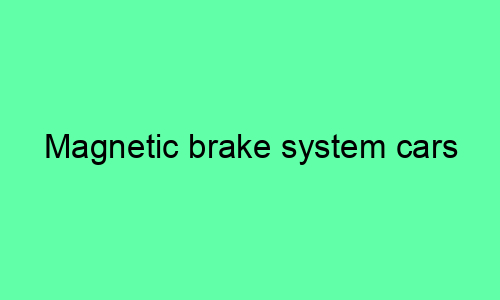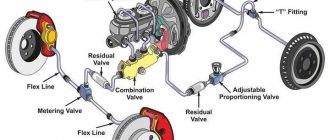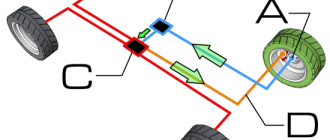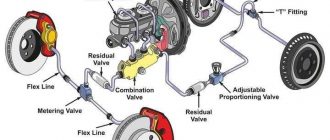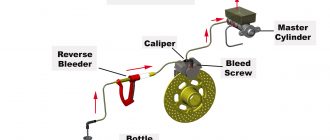Magnetic Brake System in Cars
Introduction
A magnetic brake system is a type of braking system that uses electromagnetic force to slow down or stop a vehicle. It is different from a traditional friction brake system, which uses friction to create resistance and slow down the vehicle. Magnetic brake systems are more efficient and quieter than friction brake systems, and they can also provide better stopping power.
How Magnetic Brake Systems Work
Magnetic brake systems work by using a magnetic field to create resistance to the rotation of the wheels. This resistance is what slows down or stops the vehicle. The magnetic field is created by an electromagnet, which is a coil of wire that is wrapped around a metal core. When electricity flows through the coil, it creates a magnetic field. The strength of the magnetic field is proportional to the amount of electricity flowing through the coil.
The electromagnet is mounted on the brake rotor, which is a disc that is attached to the wheel. When the driver applies the brakes, electricity flows through the coil, creating a magnetic field. The magnetic field interacts with the magnetic field of the brake rotor, creating resistance to the rotation of the wheel. This resistance is what slows down or stops the vehicle.
Advantages of Magnetic Brake Systems
Magnetic brake systems offer several advantages over traditional friction brake systems, including:
- Increased efficiency: Magnetic brake systems are more efficient than friction brake systems because they do not create friction. This means that they can save energy and improve fuel economy.
- Quieter operation: Magnetic brake systems are quieter than friction brake systems because they do not create noise from friction. This can make for a more pleasant driving experience.
- Better stopping power: Magnetic brake systems can provide better stopping power than friction brake systems because they can create more resistance to the rotation of the wheels. This can help to reduce stopping distances and improve safety.
- Longer lifespan: Magnetic brake systems have a longer lifespan than friction brake systems because they do not wear out as quickly. This can save money on maintenance and replacement costs.
Disadvantages of Magnetic Brake Systems
Magnetic brake systems also have some disadvantages, including:
- Higher cost: Magnetic brake systems are more expensive than friction brake systems. This is because they require more complex components, such as electromagnets and brake rotors.
- Increased weight: Magnetic brake systems are heavier than friction brake systems. This is because they require additional components, such as electromagnets and brake rotors.
- Limited availability: Magnetic brake systems are not as widely available as friction brake systems. This is because they are a newer technology and are still being developed.
Conclusion
Magnetic brake systems offer several advantages over traditional friction brake systems, including increased efficiency, quieter operation, better stopping power, and a longer lifespan. However, they are also more expensive, heavier, and less widely available. As the technology continues to develop, magnetic brake systems are expected to become more affordable and more widely available, making them a more attractive option for consumers.
